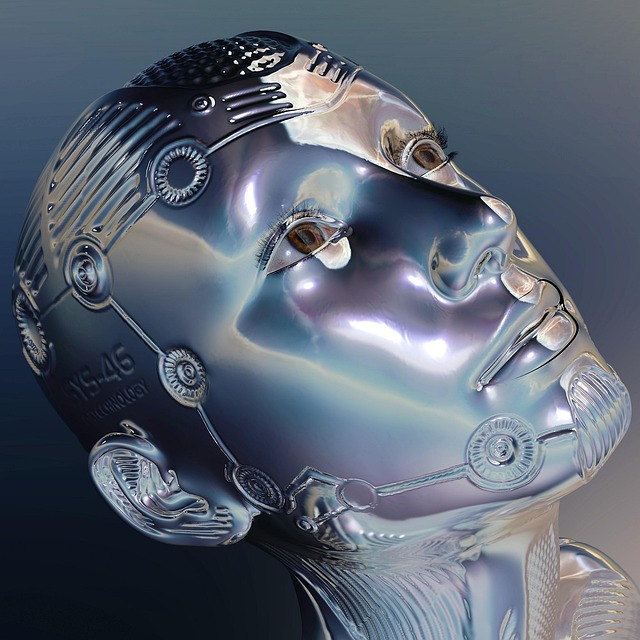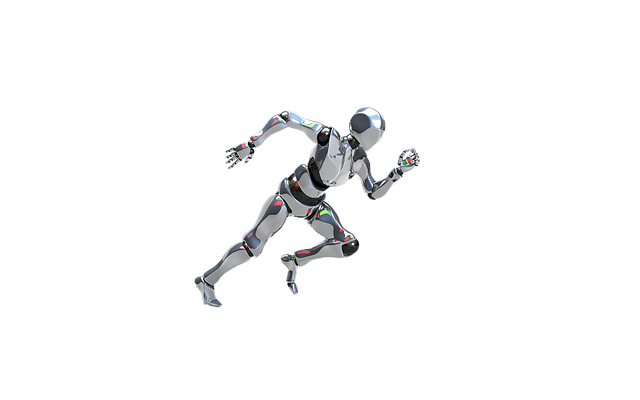
Humans Over Hardware: Rules for AI
Artificial Intelligence (AI) is rapidly transforming various aspects of society, from healthcare and education to finance and entertainment. As these technologies evolve, it's imperative to consider their ethical implications, especially from a Catholic perspective. This article delves into the principles outlined in the Vatican's document "Antiqua et nova" and discusses how these guidelines can inform the development and deployment of AI systems.

The Vatican's Perspective on AI
In January 2025, the Vatican released "Antiqua et nova," a document addressing the relationship between human and artificial intelligence. The text emphasizes that while AI can perform tasks associated with human intelligence, it lacks the depth of human experience, including emotions, creativity, and moral sensibilities. The document cautions against equating human intelligence with AI, highlighting the unique dignity of the human person.
Key Principles for AI Development
The Vatican outlines several principles to guide the ethical development of AI:
1. Human Dignity and Responsibility
AI systems should be designed and used in ways that respect human dignity. This includes ensuring that AI does not replace human decision-making in critical areas, such as healthcare and justice. The document stresses that human beings are the ultimate moral agents and should remain in control of AI applications.
2. Transparency and Accountability
Developers and users of AI must be transparent about how these systems operate and make decisions. Clear accountability structures should be established to address any adverse outcomes resulting from AI deployment. This aligns with the call for international agreements to regulate emerging technologies, as advocated by Archbishop Vincenzo Paglia. (vaticannews.va)
3. Promotion of the Common Good
AI should be utilized to promote the common good, enhancing human well-being and addressing societal challenges. This involves directing AI applications toward areas that benefit humanity, such as education, healthcare, and environmental sustainability.
The Role of the Church in AI Ethics
The Church plays a crucial role in guiding the ethical use of AI. By integrating theological insights with technological advancements, the Church can help ensure that AI serves humanity's best interests. This includes:
- **Advocating for Ethical Standards:**The Church can influence policymakers to establish ethical guidelines for AI development and use.
-**Educating the Faithful:**Providing education on the ethical implications of AI helps individuals make informed decisions about technology.
-**Engaging in Dialogue:**Collaborating with technologists, ethicists, and other stakeholders fosters a holistic approach to AI ethics.
Challenges and Considerations
While AI offers numerous benefits, several challenges must be addressed:
-**Bias and Discrimination:**AI systems can perpetuate existing biases if not carefully monitored and corrected.
-**Job Displacement:**Automation may lead to job losses, necessitating strategies for workforce transition and reskilling.
-Privacy Concerns: The collection and use of personal data by AI systems raise significant privacy issues.
Conclusion
As AI continues to evolve, it's essential to develop and implement technologies that align with ethical principles and respect human dignity. The Vatican's "Antiqua et nova" provides a foundational framework for this endeavor, emphasizing the need for human oversight, transparency, and a commitment to the common good. By adhering to these guidelines, we can harness the potential of AI while safeguarding the values that define our humanity.

Further Reading
For more insights into the Church's perspective on AI, consider the following resources:
-
Archbishop Paglia: AI calls for the awakening of Europe's humanism
-
Antiqua et nova. Note on the Relationship Between Artificial Intelligence and Human Intelligence
By engaging with these materials, readers can deepen their understanding of the ethical considerations surrounding AI and its alignment with Catholic teachings.